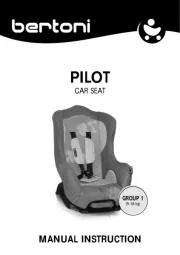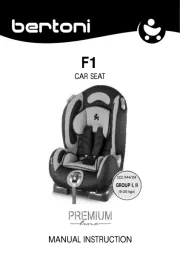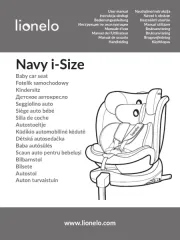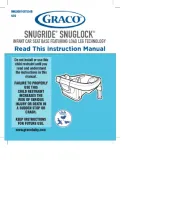Evenflo Momentum 65 Manual
Læs gratis den danske manual til Evenflo Momentum 65 (33 sider) i kategorien Autostol. Denne vejledning er vurderet som hjælpsom af 42 personer og har en gennemsnitlig bedømmelse på 4.5 stjerner ud af 21.5 anmeldelser.
Har du et spørgsmål om Evenflo Momentum 65, eller vil du spørge andre brugere om produktet?

Produkt Specifikationer
| Mærke: | Evenflo |
| Kategori: | Autostol |
| Model: | Momentum 65 |
Har du brug for hjælp?
Hvis du har brug for hjælp til Evenflo Momentum 65 stil et spørgsmål nedenfor, og andre brugere vil svare dig
Autostol Evenflo Manualer










Autostol Manualer
- Peg-Pérego
- Hipod
- Chicco
- Nuna
- Baby Jogger
- Klippan
- BabyGO
- Clek
- Xomax
- Quax
- Caretero
- Fisher-Price
- X-Adventure
- Kiddy
- Apramo
Nyeste Autostol Manualer









